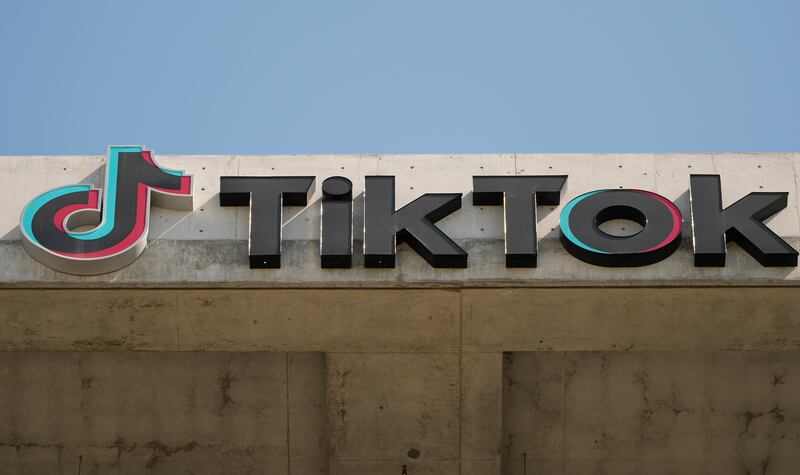TikTok and ByteDance are suing the U.S. government.
The suit was filed Tuesday in the U.S. Court of Appeals for the District of Columbia Circuit and names U.S. Attorney General Merrick B. Garland as the respondent.
TikTok and ByteDance are challenging the law passed by Congress that requires TikTok to divest from ByteDance. The law also gives the executive branch the power to identify applications that pose a threat to national security and similarly force them to divest from parent companies in certain cases. If TikTok does not divest within the specified timeframe (which the president can extend), it will face a ban.
The filing accuses the U.S. government of violating the First Amendment. “By banning all online platforms and software applications offered by ‘TikTok’ and all ByteDance subsidiaries, Congress has made a law curtailing massive amounts of protected speech,” the suit claimed.
TikTok and ByteDance argue that it’s not possible for the company to divest, not only due to the timeline, but also because of the app’s code.
“The Act will therefore have the effect of shutting down TikTok in the United States, a popular forum for free speech and expression used by over 170 million Americans each month,” the suit claimed.
The suit also said that the law could have far-reaching implications. “If Congress can do this, it can circumvent the First Amendment by invoking national security and ordering the publisher of any individual newspaper or website to sell to avoid being shut down. And for TikTok, any such divestiture would disconnect Americans from the rest of the global community.”
The suit alleged that the U.S. government did not have a compelling interest to pass this law and also did not explore less restrictive options before passing the law.
In other words, TikTok and ByteDance are arguing that the law should be subject to strict scrutiny and does not pass strict scrutiny.
Strict scrutiny is a kind of legal test that requires the government to show that there is a compelling reason to pass a law that may restrict freedoms and that the law is targeted narrowly enough to address that compelling reason.
“Congress itself has offered nothing to suggest that the TikTok platform poses the types of risks to data security or the spread of foreign propaganda that could conceivably justify the Act,” the suit stated. “The Act is devoid of any legislative findings, much less a demonstration of specific harms that TikTok supposedly poses in either respect, even though the platform was first launched in 2017.”
TikTok and ByteDance are seeking a declaratory judgment that the law violates the U.S. Constitution and an order to prevent the attorney general from enforcing the law.
As for what’s next, it’s likely the U.S. government and TikTok will battle it out in court. In that case, the U.S. government would likely have to show its hand more than it has with regards to providing that the national security risks constitute a compelling interest.
The Justice Department declined to comment.
National security concerns with TikTok
Supporters of the TikTok measure have said that the law is not a ban — they say it’s an attempt to protect Americans from a real national security threat.
Rep. John Curtis has been vocal on this front. In interviews with the Deseret News, he has emphasized that the law is not a ban. He pointed toward the instance where TikTok had a screen on users’ apps asking them to put in their ZIP code. If they put in their ZIP code, it would allow them to call a member of Congress to voice opposition to the bill.
Curtis told the Deseret News in a prior interview that his office received at least hundreds of calls from people who had selected the box.
“Imagine if this had been Election Day and they lock out 120 million U.S. users until they watch a video produced by the Chinese Communist Party about who they should vote for,” Curtis said. “That is not something that we should sit back and take lightly.”
While FBI director Christopher Wray and others have occasionally publicly warned of the national security threats TikTok may pose, members of Congress took part in closed-door meetings where they were given a classified briefing on the matter, Axios reported. “The senators were hesitant to give details about Wednesday’s briefing, but said Americans would be frightened by TikTok’s ability to access and track their personal data.”


